Understanding Night Blindness: Causes, Symptoms, and Treatment
As the seasons change and daylight hours grow shorter, many people experience increased difficulty seeing at night. While some level of night vision adjustment is normal, struggling to see in the dark can indicate a more serious issue. Night blindness (nyctalopia) is a condition that makes it hard to see in low-light conditions, which can impact driving, reading, and other nighttime activities.
If you’ve noticed changes in your night vision, it’s important to schedule an eye exam in Edmonton to determine the cause and explore treatment options.
Signs You May Have Night Blindness
Poor night vision can present itself in different ways. If you experience any of the following symptoms, it may be time to see an optometrist in Edmonton:
- Prolonged adjustment to darkness – If your eyes take more than a few minutes to adapt when entering a dimly lit room or nighttime environment, it could be a sign of an underlying condition.
- Blurred vision in low light – Headlights, streetlights, or illuminated signs may cause glare or halos, making it difficult to focus.
- Difficulty distinguishing objects – If everything blends together in dim conditions, it could indicate issues with contrast sensitivity.
- Increased sensitivity to glare – Bright lights from oncoming traffic or overhead lights may appear especially intense and uncomfortable.
- Struggling with nighttime activities – Difficulty watching TV, reading, or completing tasks in the evening may signal a vision problem.
What Causes Night Blindness?
Nyctalopia (night blindness) is often caused by an underlying eye condition that affects how light is processed. Some of the most common causes include:
- Glaucoma – This eye disease increases internal pressure in the eye, which can lead to optic nerve damage and reduced night vision. If left untreated, glaucoma can eventually cause complete night blindness.
- Genetic Conditions – Some inherited disorders, such as Usher syndrome or retinitis pigmentosa, can cause gradual vision loss, including difficulty seeing at night.
- Cataracts – A clouding of the eye’s lens, cataracts can block light from reaching the retina, leading to blurry vision, especially in dim conditions. Cataracts are highly treatable when detected early by an optometrist.
- Vitamin A Deficiency – A lack of vitamin A in your diet can impair vision, as this essential nutrient supports the retina’s ability to detect light. Eating vitamin A-rich foods like carrots, sweet potatoes, and leafy greens can help support eye health.
- Diabetes & Retinal Diseases – Conditions like diabetic retinopathy can cause damage to the retina, reducing vision in low-light conditions.
How to Improve Night Vision
If you’re struggling with night blindness, there are several solutions available:
- Specialized Glasses – Anti-glare coatings and contrast-enhancing lenses can reduce glare from headlights and improve visibility in low light.
- Treating Underlying Conditions – If night blindness is caused by cataracts, glaucoma, or diabetes, treating the root cause can improve vision.
- Lifestyle Changes – Improving nutrition, reducing screen time before bed, and avoiding bright lights before nighttime activities can help support eye health.
- Regular Eye Exams – Scheduling an annual eye exam in Edmonton allows your optometrist to detect and manage vision problems early, preventing more serious complications.
Get Expert Eye Care in Edmonton – Book an Eye Exam Today!
If you’re experiencing poor night vision, don’t ignore it—early detection can prevent long-term vision problems. The optometrists at Optometrists’ Clinic Inc. can assess your symptoms, identify the underlying cause, and recommend personalized solutions to improve your night vision.
📅 Schedule an eye exam today! Contact Optometrists’ Clinic Inc. in Edmonton to book an appointment at a location near you.




